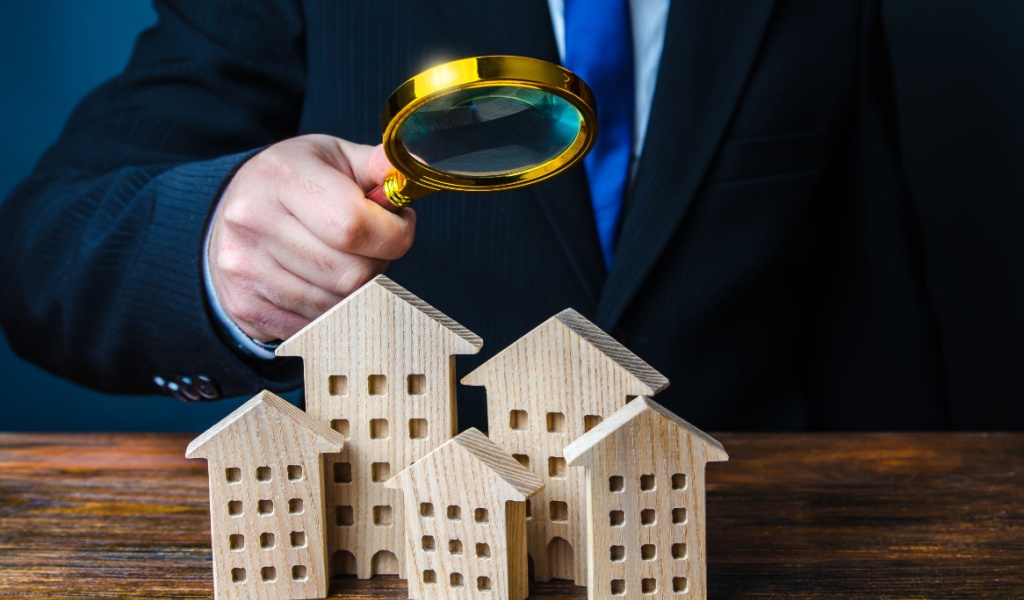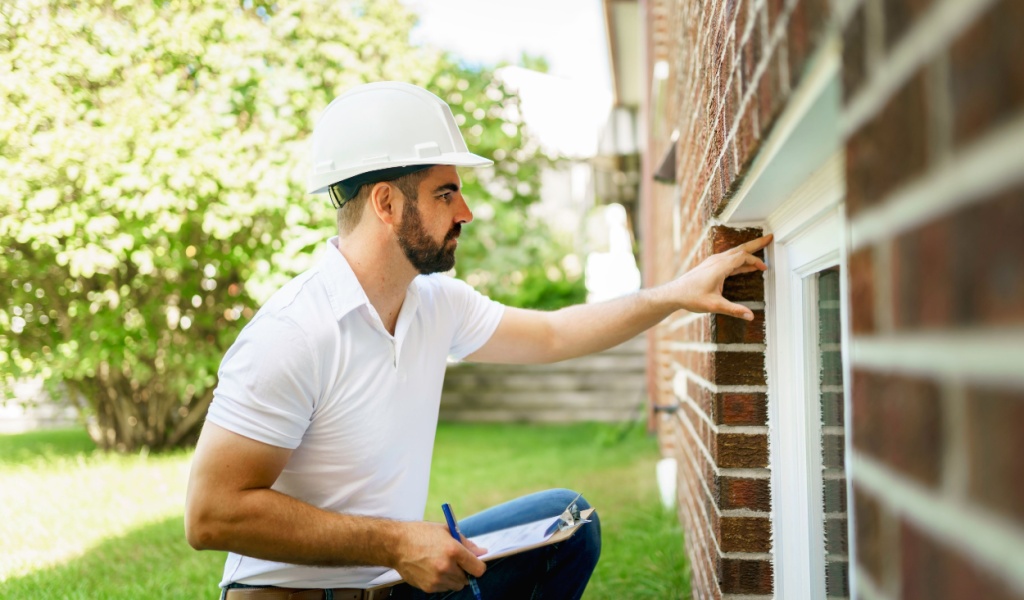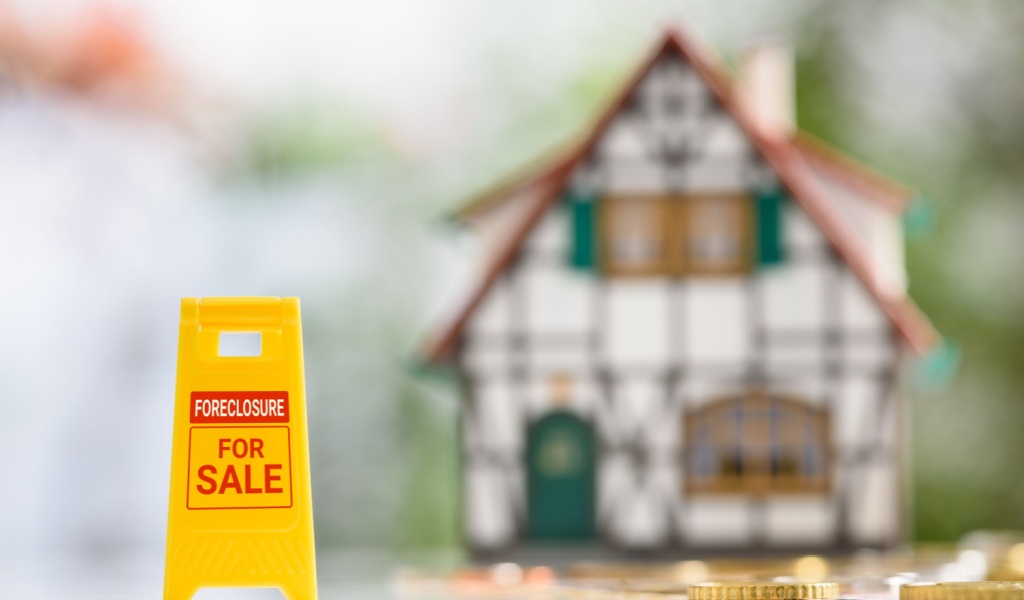Buying a house is one of the most challenging and thrilling experiences. It’s a substantial financial and emotional investment, so you must ensure the property you’re considering is in good condition before buying. Whether you’re a first-time homeowner or looking to upgrade, examining the essential factors of a house before signing the papers can save you a lot of trouble and money later on!
In this blog, we will discuss a few significant features to inspect before buying a house, ensuring that your perfect house is more than just a lovely facade.

Foundation
Let’s begin with the house’s foundation, which isn’t just about artistic charisma or exterior appeal! A building’s groundwork keeps everything standing firm, and cracks in the foundation can be a significant warning sign. While minor hairline cracks may not pose a notable threat, more prominent, wider cracks may point towards serious concerns such as unstable soil, water damage, or settling foundations.
What to inspect:
- Cracks in the walls or ceilings (particularly the ones that broaden or move).
- Doors or windows that are difficult to close or stick.
- Irregular floorings (which can specify a foundation issue).
If you observe anything uncommon, you should check with a foundation professional to assess the condition further before proceeding with your purchase.
Plumbing
Plumbing problems are among the priciest to fix in a house. A small leak can lead to a big problem if left unaddressed. Moreover, no one wants to cope with water issues, growth, or burst pipelines soon after they buy a house!
What to inspect:
- Leaking pipes, toilets, or showers.
- Water pressure (low water pressure could indicate a larger problem).
- Water traces on ceilings, walls, or floors that point to leaks.
- Rust or corrosion on pipelines (especially in ancient houses).
Ensure the water heater is working accurately and look for indications of corrosion or aging. If possible, request the existing landlords’ maintenance records of the plumbing system.
Roofing
The roof is your home’s primary line of protection against weather conditions, so that is one aspect of the house any buyer must be confident is in good condition. Replacing the roof can be pricey, so learning about the state of the roof and the age of the shingles is vital for future maintenance plans.
What to inspect:
- Indications of damaged or missing shingles.
- Sagging roof shapes (which may point to structural harm).
- How old the roof is (roofs generally last around 20 years).
- Water tints or fungus in the loft.
If the roof is very old or damaged, you’ll need to add the cost of replacement to your budget.
HVAC System
The HVAC setup (heating, ventilation, and air conditioning) is a central component influencing your luxury and funds. Changing or restoring HVAC systems can be costly, so it is necessary to be aware of the age and state of the setup.
What to inspect:
- How old the HVAC system is (usually persists for 10-15 years).
- Noticeable damage or weak records of maintenance.
- Varying temperature or airflow in the house.
- Weird sounds, smells, or too much dust from vents.
Ask the present owners when the system was last serviced or if they’ve had any other major problems. An HVAC inspection by an expert will give you mental peace and an estimation of possible forthcoming costs.
Location and Neighborhood
Although it’s easy to be sucked into the excitement of the house itself, the area and neighborhood are as important too. After all, this is where you’ll live for a long time, so you must ensure all your requirements are met.
What to inspect:
- Local crime rates (can be found on local police websites).
- The distance to your office, schools, hospitals, supermarkets, clothing shops, etc.
- The total maintenance of the area by neighbors.
- Sound pollution (if the property is near a busy street or railway tracks).
You may also want to ask around about upcoming developments in the area. Will the neighborhood be improved in the future, or might any aspects decrease its value over time?

Electrical Setup
The power setup in your house is important for day-to-day activities, but old or damaged wiring can pose a considerable risk. It’s crucial to have a checkup done to make sure everything is up to mark and operating well.
What to inspect:
- Uncovered wires or indications of former electric repairs.
- Non-functioning outlets or flickering lights.
- Overloaded circuits that could result in tripped breakers.
- Observe the amperage of the breaker panel. New houses usually have a 200-amp service, while older houses may have less.
It’s advisable to hire a qualified electrician to do a detailed check if you notice any warning signs.
Exterior and Landscaping of The House
The exterior of a house contributes not only to its curb appeal but also to its continuous maintenance! Landscaping, driveways, and external resources should all be examined well to avoid unanticipated repairs.
What to inspect:
- The state of the sidetrack, whether vinyl, brick, or timber, watch for warnings like decay, water damage, or fungus.
- Cracks in the footpath, driveway, or courtyard.
- The grading around the home.
- Sewers that are blocked or hanging loose.
Good landscaping can also enhance your home’s worth, so consider making some advancements if it’s poorly preserved.
Windows and Insulation
You’d be amazed at how much energy can be squandered over old, weakly closed windows and insufficient insulation. Energy effectiveness is essential to maintain low utility bills, especially in atmospheres with severe weather conditions!
What to inspect:
- Unclear windows (a warning that the seal is damaged).
- Cold areas or drafts by doors or windows.
- Insulation in the attic (helps to cut energy expenses).
- Cracked or broken window frames.
Considering the results of the inspection, you may opt for window replacements or extra insulation if you have any concerns.
Legal Issues
Verify that the property has no legal issues before making a purchase. A title search can disclose if the property has any unsettled legal matters, like liens, unpaid taxes, or boundary conflicts.
What to inspect:
- Check if the owners have taken all the necessary approvals for reconstructions and additions to the house.
- Confirm the property’s boundaries and check if there are any invasions by neighbors.
- Verify local zoning laws to see if there are any restrictions on what you can do on the land.
A real estate agent or lawyer can assist and direct you through this procedure, confirming that all the documents are in order and there are no unpleasant surprises once the deal is done.
Conclusion
Purchasing a home isn’t just about getting a house that looks beautiful on the outside; it’s also about ensuring the house is safe and functional. It must be a sound investment for your future. From the groundwork to the roof and everything in between, detailed checkups can protect you from expensive repairs and help you make a good decision.
Take the time to hire experts for main examinations, such as pest control, electrical, and plumbing professionals, to ensure you’re not overseeing any major problems. After all, this is a huge commitment, so ensure the house you select is the one you’ll be pleased to live in for the rest of your life!



